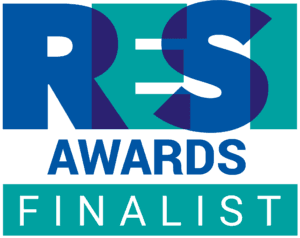You’ve likely given some thought to New Year’s resolutions, with January around the corner. Many people commit to healthier living in January. Some embark on “New Year, New Me” challenges. Maybe you’ve decided to hit the gym more in 2020 with the help of a flatmate. Or perhaps you want to cook healthier and meal prep? One New Year Trend growing in popularity is Dry January.
What is Dry January?
Dry January is a month-long alcohol-free challenge, helping people to see what living a sober life feels like. Additionally, even if you don’t want to commit to being completely sober, Dry January can help you reassess your relationship with drinking. Going booze-free can help you reset after the indulgence of the holiday season.
Many that embark on the challenge find more benefits than they imagined. Some even continue the practice throughout the rest of the year in a modified format.
Why Give Up Alcohol?
The AlcoholChange.org website, a proponent of Dry January shares, “Alcohol is linked with more than 60 health conditions, including liver disease, high blood pressure, depression and seven types of cancer. In fact, alcohol is the biggest risk factor for death, ill-health, and disability for people aged 15-49 in the UK. Cutting back on alcohol reduces your risk of developing these conditions.”
With the month of December filled with opportunities to indulge around every corner, January provides a chance to wipe the slate clean and detox your system. As if those risks of drinking aren’t enough, alcohol can also cause a wide range of short-term side effects, including impaired judgement, insomnia, dehydration, and fatigue.
What are the Benefits of Dry January?
According to data from Alcohol Change UK, last year’s participants of Dry January achieved the following:
- 88 percent saved money.
- 71 percent had better sleep.
- 67 percent had more energy.
- 58 percent lost weight.
Not only did Dry January help people feel better during the challenge, but many participants found extended benefits after the challenge ended. It helps make people more aware of their drinking habits and make healthier choices. A study by Sussex University even suggested that Dry January participants drank less even as much as six months later.
How to Do Dry January
While at uni, it can be a challenge to find a party or a hot spot that doesn’t include drinks. One alternative is to host your own Mocktail Party. Drinking mocktails versus cocktails ensures that you still have fun, enjoy tasty and unique drinks, but without the expense or adverse side effects of a night of indulging.
You can also embark on a night at the movies or try out new restaurants while you’re avoiding alcoholic beverages. Many public places recognize the decline in the drinking habits of young adults and cater to those wishes. There are even sober bars popping up in different locations. If you feel like taking a road trip in January, check out some of these great sober bars in different parts of Britain.
4 Tips to Keep on Track During Dry January
There are a variety of ways to make your month easier and fun. Use these four tips to have a successful Dry January.
- Alcohol-free doesn’t mean taste-free. Go for mocktails to fill that craving for unique, craft beverages.
- There’s strength in numbers. Get a group together to commit to Dry January; that way, you can all support each other and stay accountable.
- Be open about your challenge. If you let others know that you’re trying to abstain for a month, it might surprise you how accommodating and supportive they can be. What’s more, be open with yourself, if you feel like you miss drinking, acknowledge that this change is hard.
- Watch for the other rewards of avoiding alcohol. Offset the difficulties by recognizing the rewards. Less drinking can mean brighter, healthier skin, improved sleep, and increased energy, just to name a few!
Dry January can be a fun way to kick off the new year—and in this case the new decade. Give it a try and see what benefits you find when you temporarily remove alcohol from your life.








